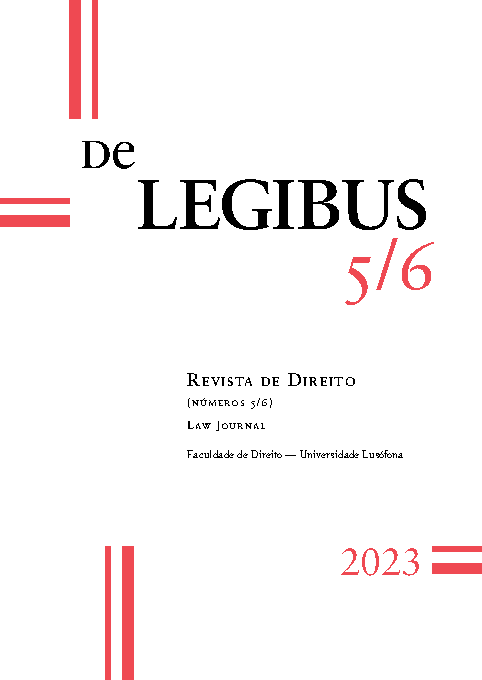The relatively indeterminate penalty: legal framework and constitucional conformity
Abstract
In the present study, we intend to address some aspects related to the issue of the sentence relatively indeterminate, a concept with certain features that appear to be in opposition to the so-called "normal regime" to which we are accustomed and which raises some doctrinal divergences. To this end, we will partially explore its application prerequisites to understand how this institution functions. Having said that, we will delve into the execution and duration of the PRI, raising some doctrinal questions, particularly regarding the maximum duration.In a second phase, we aim to demonstrate how the sentence relatively indeterminate is unconstitutional due to a violation of the principles of guilt and the prohibition of perpetual sentences. Concerning the latter, we will briefly analyze the perspective of the Constitutional Court and the European Court of Human Rights.
Downloads
![]()
Free and open access to the editorial content is guaranteed for all readers, and its full or partial reproduction is permitted under the CC BY 4.0 (Creative Commons Atribuição 4.0 Internacional) license.





